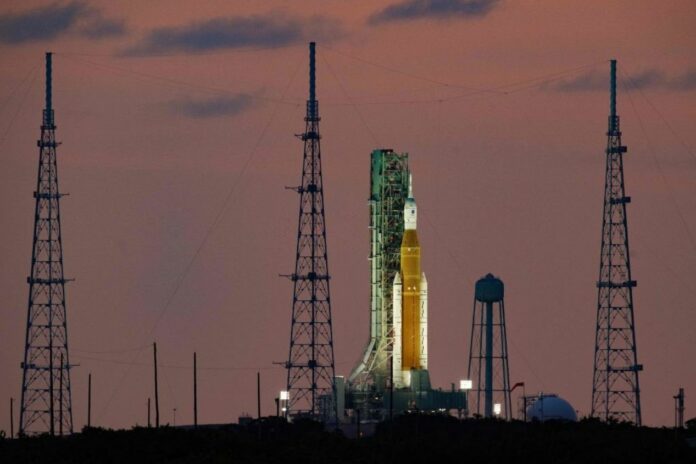Researchers have discovered new information on how cells react and adapt to the weightlessness experienced in space, shedding light on the unique set of cellular stress responses triggered by microgravity.
The study revealed that the protein modifier SUMO plays a crucial role in helping cells adjust to the stress of simulated microgravity, a finding that could have significant implications for the health and well-being of astronauts on future space missions.
This research marks the first time that the role of SUMO in cellular response to microgravity has been demonstrated.
“Under normal gravity conditions,” explains team leader Rita Miller, “SUMO is known to respond to stress and to play a critical role in many cellular processes, including DNA damage repair, cytoskeleton regulation, cellular division and protein turnover.
“This is the first time that SUMO has been shown to have a role in the cell’s response to microgravity.”
The interaction between SUMO and proteins occurs through two types of chemical bonds: covalent attachment to a target lysine or noncovalent interactions with a binding partner. To investigate these interactions, researchers studied yeast cells, which are a widely used model organism for studying cellular processes. The cells were analyzed after undergoing six cellular divisions in either normal Earth gravity or microgravity simulated using a specialized cell culture vessel developed by NASA. By comparing the levels of protein expression for cells in each gravity condition, the researchers were able to identify which cellular processes were affected by microgravity-induced stress. They then used mass spectroscopy to specifically identify the proteins that interacted with SUMO and caused the observed protein changes.
Through their analysis, the researchers discovered 37 proteins in cells subjected to microgravity that had a physical interaction with SUMO, and displayed over 50% difference in expression levels compared to Earth gravity cells. These proteins were found to be crucial in several cellular processes, including DNA damage repair which is particularly significant as radiation exposure poses a grave threat in space. Additionally, these proteins were also involved in energy and protein production, as well as maintaining cell shape, division, and protein trafficking within cells.
“Since SUMO can modify several transcription factors, our work may also lead to a better understanding of how it controls various signaling cascades in response to simulated microgravity,” points out Miller.
The researchers’ future goal is to investigate the potential harm caused to cells subjected to simulated microgravity in the absence of SUMO modification on specific proteins.
The results of the study will be presented by Jeremy Sabo, a graduate student in Professor Miller’s laboratory, at the annual meeting of the American Society for Biochemistry and Molecular Biology called Discover BMB.
Image Credit: JIM WATSON/AFP via Getty Images
